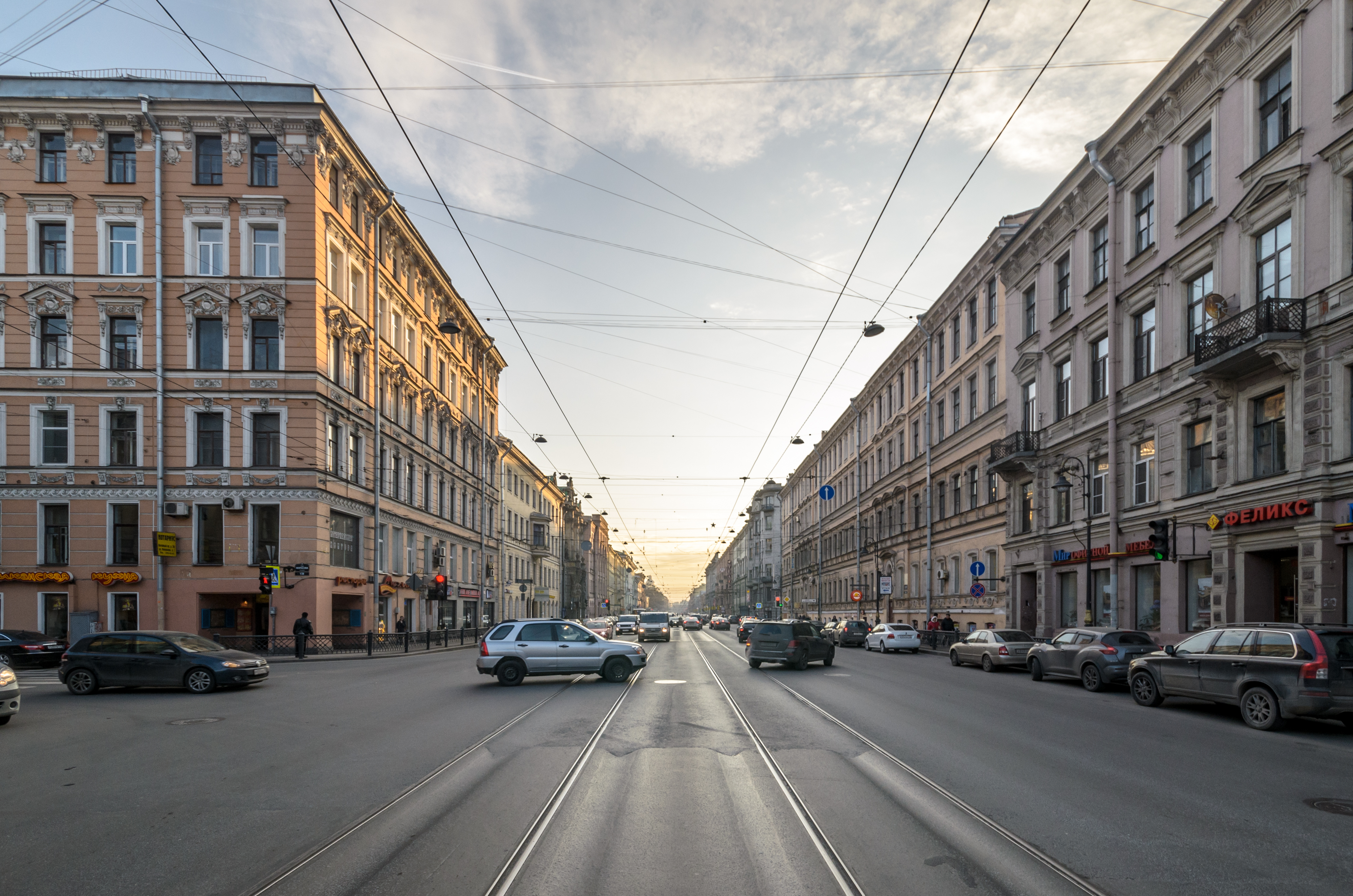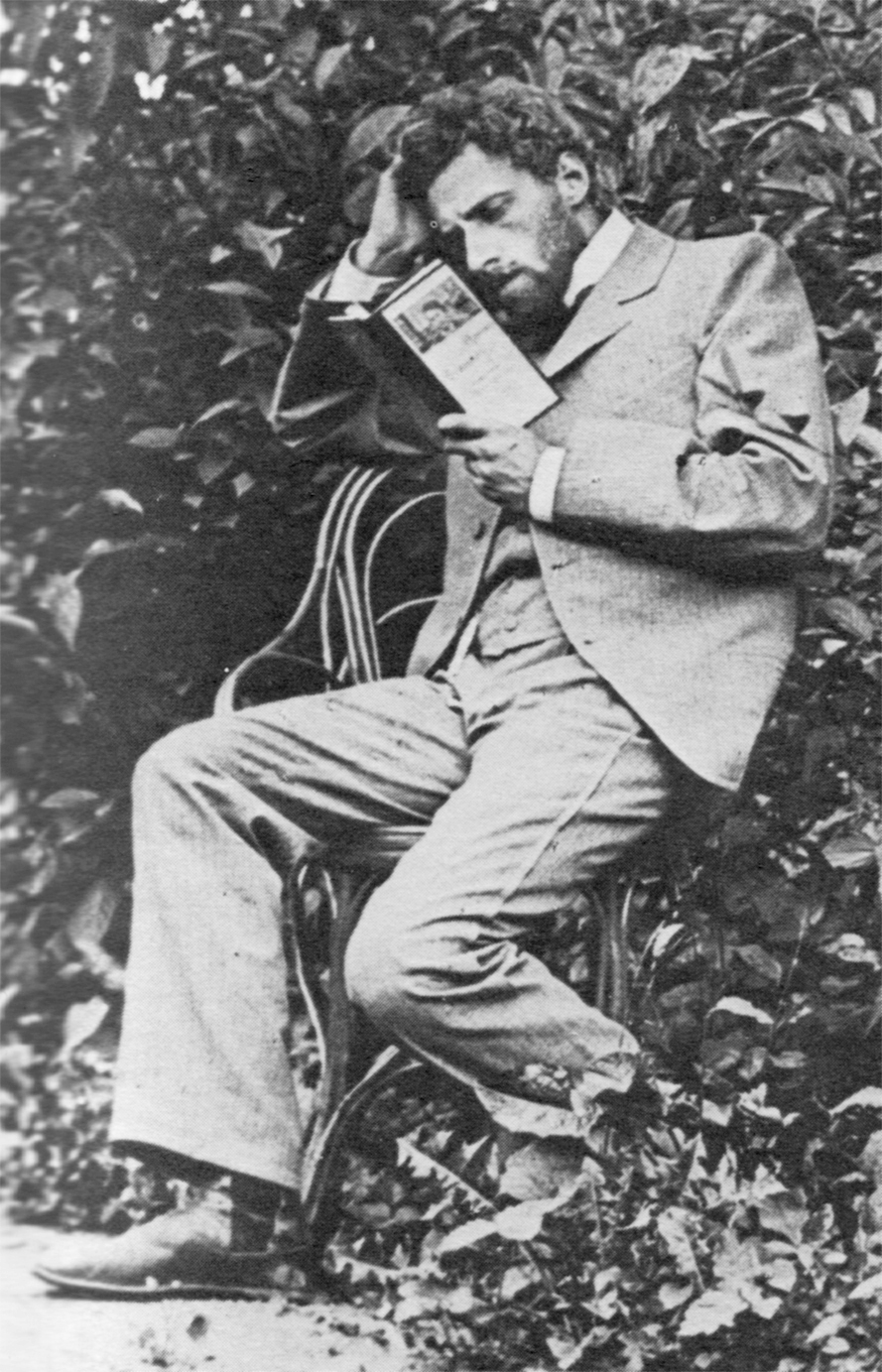|
Liteiny Theatre
The State Dramatic Theatre on Liteyny Avenue (Государственный драматический Театр на Литейном) is a theatre at 51 Liteyny Avenue, Saint Petersburg, Russia. It was founded in 1909. Konstantin Tverskoy worked at the Liteinyi Theatre as director, Savely Schleifer (1881–1943) as designer. The Narodnaia Komedia (January 1920) took up Meyerhold's experiments from the Liteyni and Hermitage Theatre. The theatre produced many unusual offerings. In 1909 the Japanese play Terakoya was presented. Boris Romanov (choreographer), Boris Romanov (1891-1957) choreographed the cabaret The Goatlegged, and Arkady Averchenko contributed sketches and vaudevilles. In 1993 the Liteinyi's theatre troupe toured America with a production of George Bernard Shaw's ''Great Catherine'' in Russian.''A window on Russia: papers from the V International Conference of ...'' Volume 1994 Study Group on Eighteenth-Century Russia. International Conference, Maria Di Salvo, Linds ... [...More Info...] [...Related Items...] OR: [Wikipedia] [Google] [Baidu] |
Liteyny Avenue
Liteyny Avenue (russian: Лите́йный проспе́кт, ''Liteyny Prospekt'') is a wide avenue in the Central District of Saint Petersburg, Russia. The avenue runs from Liteyny Bridge to Nevsky Avenue. The avenue originated in 1738 when the forest was cleared to make a trail from Nevsky Prospekt to a foundry (est. 1711) at the banks of Neva River. The Russian word "liteyny" means "metal casting" as an adjective, hence the street name. Soon after the October Revolution, the avenue was named ''Prospekt Volodarskogo'' after the Russian revolutionary V. Volodarsky. In 1944, the historic name was restored. Notable locations * No. 4 – the Big House, former NKVD building, currently local city government office. * No. 14 – the 19th-century Varvara Dolgoruky mansion. * No. 24 – Muruzi House with Joseph Brodsky apartment. * No. 36 – Nekrasov Museum. * No. 37 – Department of Crown Domain ('Dom departamenta udelov'), 1840s, Harold Bosse. * No. 42 – former Zinaida ... [...More Info...] [...Related Items...] OR: [Wikipedia] [Google] [Baidu] |
Saint Petersburg
Saint Petersburg ( rus, links=no, Санкт-Петербург, a=Ru-Sankt Peterburg Leningrad Petrograd Piter.ogg, r=Sankt-Peterburg, p=ˈsankt pʲɪtʲɪrˈburk), formerly known as Petrograd (1914–1924) and later Leningrad (1924–1991), is the second-largest city in Russia. It is situated on the Neva River, at the head of the Gulf of Finland on the Baltic Sea, with a population of roughly 5.4 million residents. Saint Petersburg is the fourth-most populous city in Europe after Istanbul, Moscow and London, the most populous city on the Baltic Sea, and the world's northernmost city of more than 1 million residents. As Russia's Imperial capital, and a historically strategic port, it is governed as a federal city. The city was founded by Tsar Peter the Great on 27 May 1703 on the site of a captured Swedish fortress, and was named after apostle Saint Peter. In Russia, Saint Petersburg is historically and culturally associated with t ... [...More Info...] [...Related Items...] OR: [Wikipedia] [Google] [Baidu] |
Russia
Russia (, , ), or the Russian Federation, is a List of transcontinental countries, transcontinental country spanning Eastern Europe and North Asia, Northern Asia. It is the List of countries and dependencies by area, largest country in the world, with its internationally recognised territory covering , and encompassing one-eighth of Earth's inhabitable landmass. Russia extends across Time in Russia, eleven time zones and shares Borders of Russia, land boundaries with fourteen countries, more than List of countries and territories by land borders, any other country but China. It is the List of countries and dependencies by population, world's ninth-most populous country and List of European countries by population, Europe's most populous country, with a population of 146 million people. The country's capital and List of cities and towns in Russia by population, largest city is Moscow, the List of European cities by population within city limits, largest city entirely within E ... [...More Info...] [...Related Items...] OR: [Wikipedia] [Google] [Baidu] |
Konstantin Tverskoy
The first name Konstantin () is a derivation from the Latin name ''Constantinus'' (Constantine) in some European languages, such as Russian and German. As a Christian given name, it refers to the memory of the Roman emperor Constantine the Great. A number of notable persons in the Byzantine Empire, and (via mediation by the Christian Eastern Orthodox Church) in Russian history and earlier East Slavic history are often referred to by this name. "Konstantin" means "firm, constant". There is a number of variations of the name throughout European cultures: * Константин (Konstantin) in Russian (diminutive Костя/Kostya), Bulgarian (diminutives Косьо/Kosyo, Коце/Kotse) and Serbian * Костянтин (Kostiantyn) in Ukrainian (diminutive Костя/Kostya) * Канстанцін (Kanstantsin) in Belarusian * Konstantinas in Lithuanian * Konstantīns in Latvian * Konstanty in Polish (diminutive Kostek) * Constantin in Romanian (diminutive Costel), French ... [...More Info...] [...Related Items...] OR: [Wikipedia] [Google] [Baidu] |
Savely Schleifer (1862–1942), Russian painter
{{Given name ...
Savely, Saveli or Saveliy (russian: Савелий) is a Russian masculine given name. Its shortened versions include Savel and Sava. It may refer to: *Saveli Chitanava, Chairman of the State Committee for Ecology and the Environment of Abkhazia * Savely Govorkov, a fictional character in Soviet novels *Savely Kramarov (1934–1995), Russian comic actor *Savely Zeydenberg Saveliy Moiseyevich Zeydenberg (russian: Савелий Моисеевич Зейденберг; 28 April 1862 – 1942) was a Russian painter. Biography Saveliy Moiseyevich Zeydenberg was born on 28 April 1862 in Berdychiv, in the Kiev Governo ... [...More Info...] [...Related Items...] OR: [Wikipedia] [Google] [Baidu] |
Meyerhold
Vsevolod Emilyevich Meyerhold (russian: Всеволод Эмильевич Мейерхольд, translit=Vsévolod Èmíl'evič Mejerchól'd; born german: Karl Kasimir Theodor Meyerhold; 2 February 1940) was a Russian and Soviet theatre director, actor and theatrical producer. His provocative experiments dealing with physical being and symbolism in an unconventional theatre setting made him one of the seminal forces in modern international theatre. During the Great Purge, Meyerhold was arrested in June 1939. He was tortured, his wife was murdered, and he was executed on 2 February 1940. Life and work Early life Vsevolod Meyerhold was born Karl Kasimir Theodor Meyerhold in Penza on to Russian-German wine manufacturer Friedrich Emil Meyerhold and his Baltic German wife, Alvina Danilovna (). He was the youngest of eight children.Pitches (2003, pg. 4) After completing school in 1895, Meyerhold studied law at Moscow University but never completed his degree. He was ... [...More Info...] [...Related Items...] OR: [Wikipedia] [Google] [Baidu] |
Hermitage Theatre
The Hermitage Theatre ( rus, Эрмитажный Театр, Èrmitážnyj Teátr, ɪrʲmʲɪˈtaʐnɨj tʲɪˈatər) in Saint Petersburg, Russia is one of five Hermitage Museum, Hermitage buildings lining the Palace Embankment of the Neva River. The Hermitage Theatre was the second theatre of the Winter Palace. It replaced the Russian Imperial Theater, which operated from 1764 until 1783. The Hermitage Theatre was built between 1783 and 1787 at the behest of Catherine the Great to a Palladian architecture, Palladian design by Giacomo Quarenghi. The crumbling Third Winter Palace of Peter I of Russia, Peter the Great was demolished to make room for the new structure, although its old foundations are still visible in the ground floor. Quarenghi's designs for the theatre were engraved and published in 1787, earning him a European reputation. The semicircular auditorium is decorated with color marble and surrounded with ten niches for statues of Apollo and the muses. As the interi ... [...More Info...] [...Related Items...] OR: [Wikipedia] [Google] [Baidu] |
Boris Romanov (choreographer)
Boris Nikolayevich Romanov (russian: Бори́с Никола́евич Рома́нов; 27 February 1937 – 10 February 2014) was a Soviet cyclist. He competed in the sprint event at the 1956 Summer Olympics The 1956 Summer Olympics, officially known as the Games of the XVI Olympiad, were an international multi-sport event held in Melbourne, Victoria, Australia, from 22 November to 8 December 1956, with the exception of the equestrian events, whi .... References 1937 births 2014 deaths Sportspeople from Tula, Russia Soviet male cyclists Olympic cyclists for the Soviet Union Cyclists at the 1956 Summer Olympics Place of birth missing {{USSR-cycling-bio-stub ... [...More Info...] [...Related Items...] OR: [Wikipedia] [Google] [Baidu] |
Arkady Averchenko
Arkady Timofeevich Averchenko (russian: Арка́дий Тимофе́евич Аве́рченко; 27 March 1881 in Sevastopol – 12 March 1925 in Prague) was a Russian playwright and satire, satirist. He published his stories in the journal ''Satirikon'', of which he was also an editor, in the series of ''Novyi Satirikon, New Satirikon'', and other publications. He published a total of around 20 books. Averchenko's satirical writings can be described as liberal. After the Russian Civil War, he emigrated to Central Europe and died in Prague. Biography Life before the Russian Revolution Averchenko was born on 27 March 1881 in Sevastopol. He was the son of a poor merchant, Timofey Petrovich Averchenko. Averchenko completed only two courses at the Gymnasia because of his poor eyesight, which rendered him unable to work on his studies for extended periods. His eye had been damaged by a childhood accident. However, as time went by, his lack of formal education was compensated ... [...More Info...] [...Related Items...] OR: [Wikipedia] [Google] [Baidu] |



